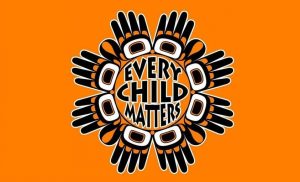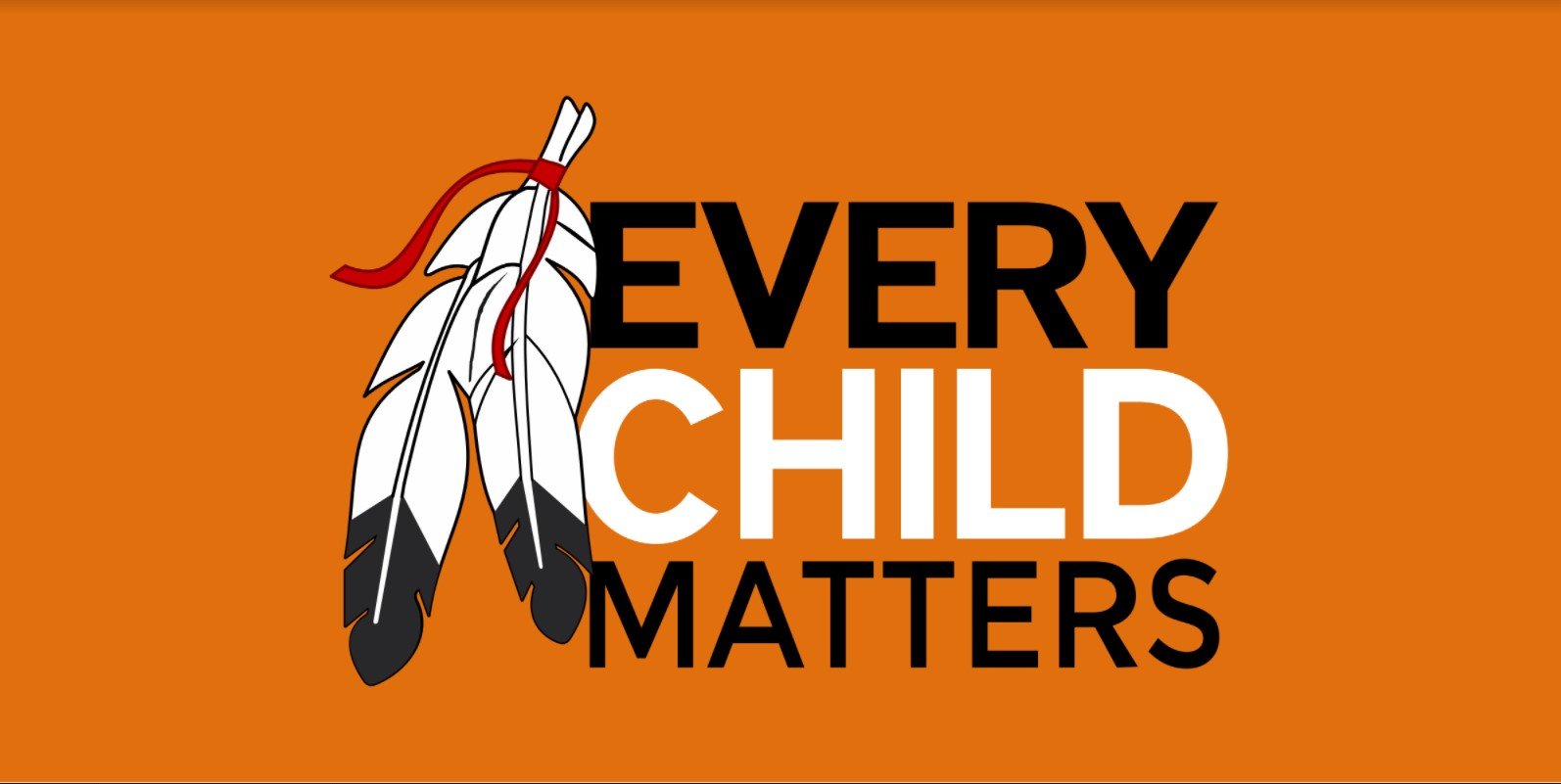Canada is observing its newest federal holiday on Thursday 30th of September, 2021: the first National Day for Truth and Reconciliation.
Should I take you back to the history of how truth and reconciliation started in Canada?
The day honors the lost children and Survivors of residential schools, their families, and communities. Public commemoration of the tragic and painful history and ongoing impacts of residential schools is vital for reconciliation.
There were 140 federally run Indian Residential Schools that operated in Canada between 1831 and 1998. The last school closed only 23 years ago. Survivors advocated for recognition and reparations and demanded accountability for the lasting legacy of harm caused. These efforts culminated in:
The Indian Residential Schools Settlement Agreement
Apologies by the government
The establishment of the Truth and Reconciliation Commission
The creation of the National Centre for Truth and Reconciliation

The Truth and Reconciliation Commission ran from 2008 to 2015. It provided those directly or indirectly affected by the legacy of the Indian Residential Schools policy with an opportunity to share their stories and experiences. The National Centre for Truth and Reconciliation has become the permanent archive for the statements, documents, and other materials the Commission gathered. Its library and collections are the foundation for ongoing learning and research.
The TRC was established in June 2008 as one of the Indian Residential Schools Settlement Agreement (IRSSA) mandated aspects. As part of the negotiated IRSSA, 60 million budget over five years was established for the work of the TRC to take place.
The TRC’s mandate was to inform all Canadians about what happened in residential schools.
The TRC documented the truth of Survivors, their families, communities, and anyone personally affected by the residential school experience.
All Canadians have been encouraged to mark the occasion by wearing orange to commemorate the thousands of indigenous children robbed of their culture and freedoms.
The child graves behind Canada’s national reckoning
‘Canada lacks the political will for real change.’
‘I was one of the lucky ones that got away.
On her first day, Orange was the color worn by First Nations residential school survivor Phyllis Webstad; later, her clothing would be taken from her and her hair cut off.
“The color orange has always reminded me of that and how my feelings didn’t matter, how no one cared, and how I felt like I was worth nothing,” Ms. Webstad, the creator of Orange Shirt Day, has said.
“All of us little children were crying, and no one cared.”
Delivering remarks to mark the new holiday during a ceremony on Wednesday night, Prime Minister Justin Trudeau urged all Canadians to take a moment to listen to the stories of residential school survivors.
Video caption,
Canada residential schools: “Six years old, I was imprisoned here.”
There were 140 government and church-backed indigenous boarding schools operating in Canada through the 19th and 20th centuries. At least 150,000 children were forcibly separated from their families to attend the schools.
Creating a new federal holiday to honor survivors, their families, and their communities was among 94 calls to action delivered in a landmark 2015 report by the government’s Truth and Reconciliation Commission.
The discovery of more than 1,000 unmarked graves over the summer of 2021 inspired calls for genuine reconciliation.
Parliament approved a bill to create the holiday a few days after the first discovery: an estimated 215 burial sites near the country’s largest residential school in Kamloops, British Columbia.
Governor-General Mary May Simon, the first indigenous woman in the role, said in a statement the day would be about “learning from our lived experiences” and “creating the necessary space for us to heal.”
“These are uncomfortable truths and often hard to accept,” she wrote in a statement. “But the truth also unites us as a nation, brings us together to dispel anger and despair, and embrace justice, harmony and trust instead.”
Odeyemi Ayodele the CEO of AFRICANAD and the entire team wishes to commiserate with the families of the missing children, we use this great time to join hands in honoring the survivors as we will continue to advocate that life of every child matters.
References: BBC news. Wikipedia.
Africanad celebrates Canada day with O Canada Celebration song




